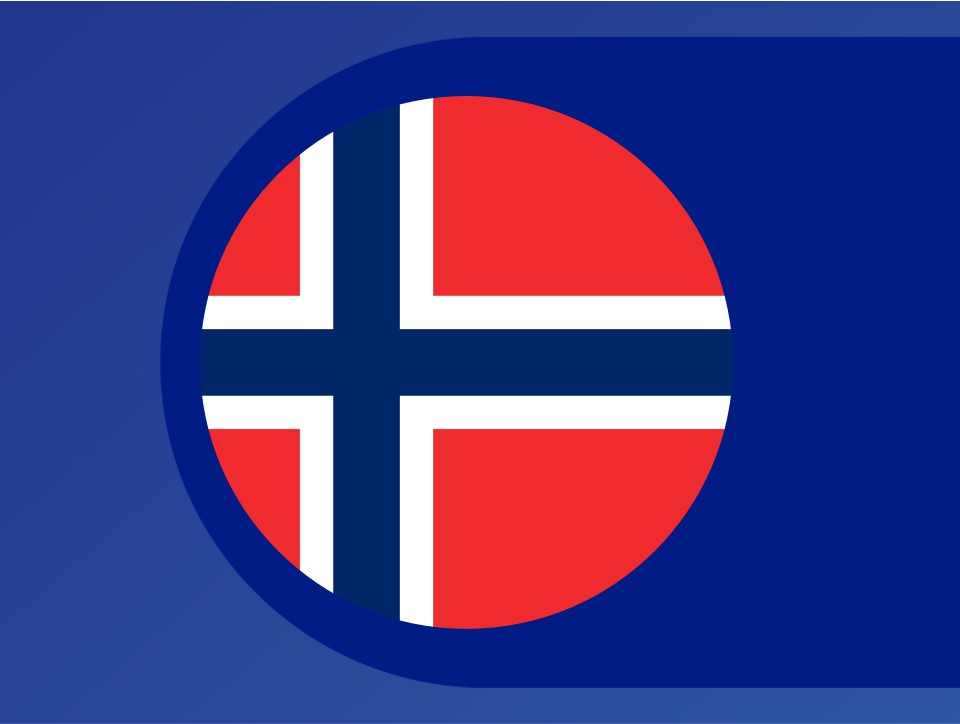Search results (599)
Skip results of view News and highlights

Every year on 9 May, the European Union celebrates Europe Day. This year, the occasion holds special significance as it commemorates the 75th anniversary of the Schuman Declaration , the 1950 proposal that laid the foundations for lasting unity and cooperation between European nations and ultimately led to the creation of the European Union. Across the EU, institutions and Member States will mark this milestone with open days, cultural events, citizen dialogues, and activities for young people. These celebrations aim to foster engagement, bring Europeans closer to the EU, and reflect on shared
Register now for our upcoming webinar, ‘ Open judicial data, AI, and transparency in the digital age ’, on Friday, 16 May 2025, from 10:00 to 11:00 CEST. In this session we will explore how digital technologies and open data initiatives are revolutionising judicial transparency. The digital transformation has significantly impacted the legal landscape. Digital technologies and open data initiatives, especially those focused on judicial decisions, play a crucial role in improving public access to legal information. These technologies have transformed legal data management, enabling efficient

The housing sector is at the heart of Europe’s social and economic fabric, impacting everything from access to affordable homes and urban planning to energy efficiency and social inclusion. As cities grow and challenges such as rising costs and climate change intensify, open data is playing a crucial role in helping policymakers, researchers, and businesses develop smarter, more sustainable housing solutions. By opening access to information on land use, building permits, energy performance, and housing prices, open data supports evidence-based decision-making that benefits citizens and

Throughout April the data.europa academy hosted two insightful webinars, focused on key topics in the field of data spaces and interoperability. These sessions brought together experts, professionals, and other interested participants to explore the latest developments, share knowledge, and discuss practical implementations across Europe. Combined, the webinars attracted over 1500 registrants to the platform . The first session, ‘ Data spaces: experience from the European Language Data Space ’, offered participants a deep dive into the European Language Data Space (LDS). With expert speakers

Artificial Intelligence (AI) is rapidly advancing, transforming industries across Europe. The European Union's AI Continent Action Plan aims to position Europe as a global leader in AI development. In the energy sector, AI is transforming infrastructure to boost efficiency, resilience, and sustainability. The European Commission is advancing digitalisation and AI development of Europe’s energy systems, with one of the key initiatives being the provision of high-quality, and real-time data. The Common European Energy Data Space (CEEDS) is an initiative from the European Commission that aims to

Norway’s national open data portal, data.norge.no , sets itself apart with an innovative AI-powered search function that allows users to find datasets using natural, everyday language. This approach reflects the portal’s broader commitment to usability, making it easier for all types of users to engage with public data. Building on this user-first design, the portal’s AI tool interprets plain language queries and returns relevant datasets – helping users discover information even without technical terms or predefined keywords. This feature was presented during the Open Data Days 2025 in

Citizen science is an engagement method that actively involves citizens in various stages of the scientific research process. Citizens may contribute to problem definition, quality assurance, data collection and analysis, and interpretation. This citizen-collaborative approach provides local involvement and the opportunity to expand the knowledge base, making research more accessible and inclusive. Citizens have become significant providers of data. The European Citizen Science platform (ECS) is a central hub that offers an overview of over 300 citizen science projects across the EU. The ESC

Why do floods hit some regions harder than others? Who has the time to rest—and who doesn’t? From the risks of natural disasters to the hidden inequalities in how people spend their days, data can help us tell powerful stories about the world we live in. But complex datasets alone don’t always make for easy reading. To make these complex datasets more understandable and accessible, we have created a growing series of visual, interactive narratives that brings high-value datasets to life as interactive data stories . These stories combine text, visuals, and interactive elements to create

Destination Earth ( DestinE ) is a project by the Commission aimed at creating a highly accurate digital replica of the Earth. This digital twin will be used to model, monitor, and simulate natural phenomena, hazards, and human activities. By providing detailed insights, it will help users develop effective strategies for adaptation and mitigation for the benefit of our planet. DestinE enables users to access different interactive tools for thematic simulations, which are presented through three main components. First, the DestinE platform , which is the core entry point for the user in the

As part of its effort to support the green and digital transitions, the European Commission invites all stakeholders to take part in a public consultation under the GreenData4All initiative. The consultation is open to a wide audience – including EU citizens, environmental and geospatial data experts, businesses, NGOs, academia, and international partners – and aims to gather feedback on how to improve access to and reuse of environmental data across Europe. The GreenData4All initiative addresses the growing need for better sharing of environmental data, which is crucial for developing
